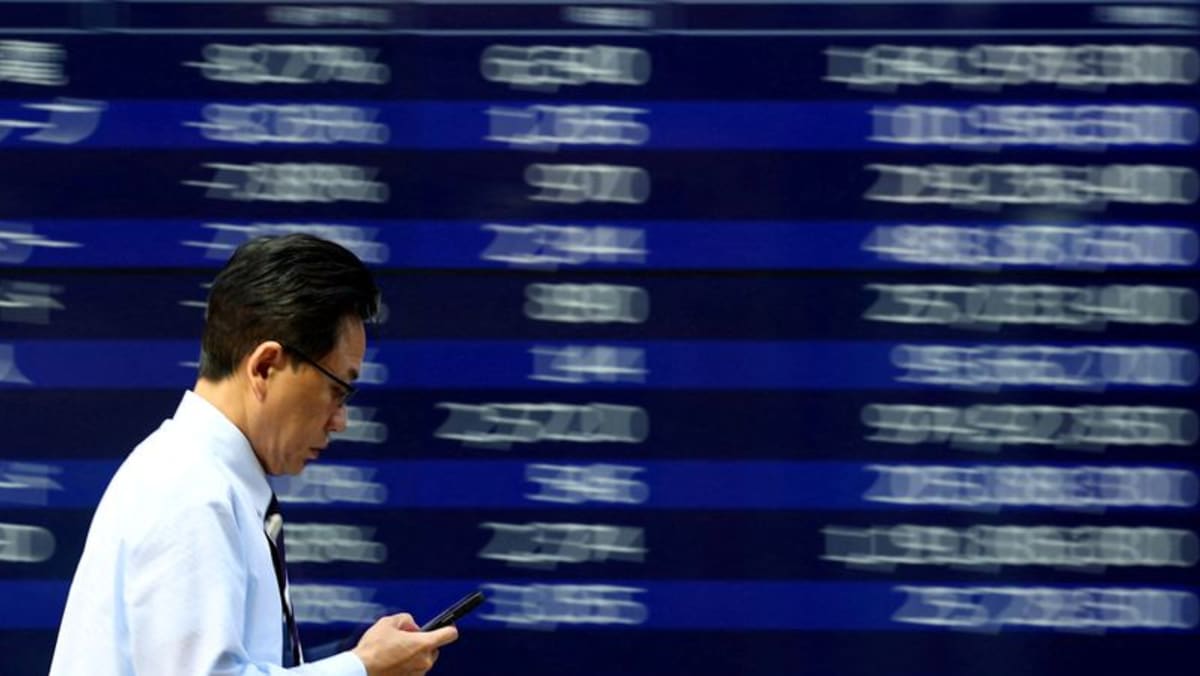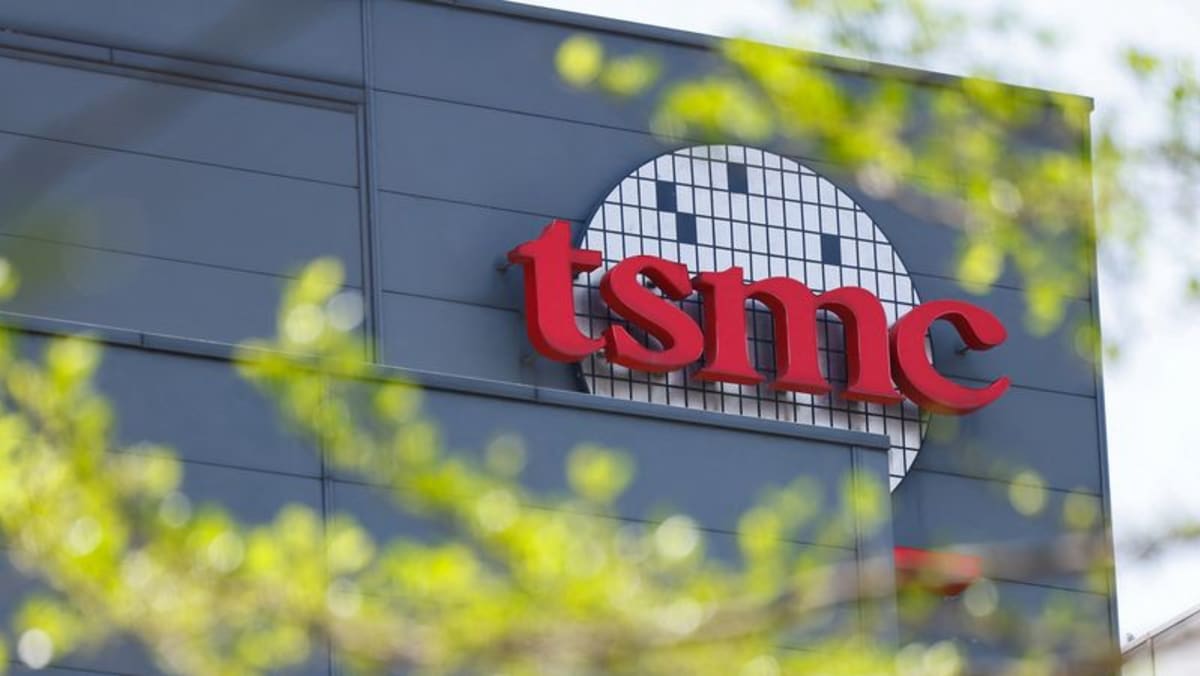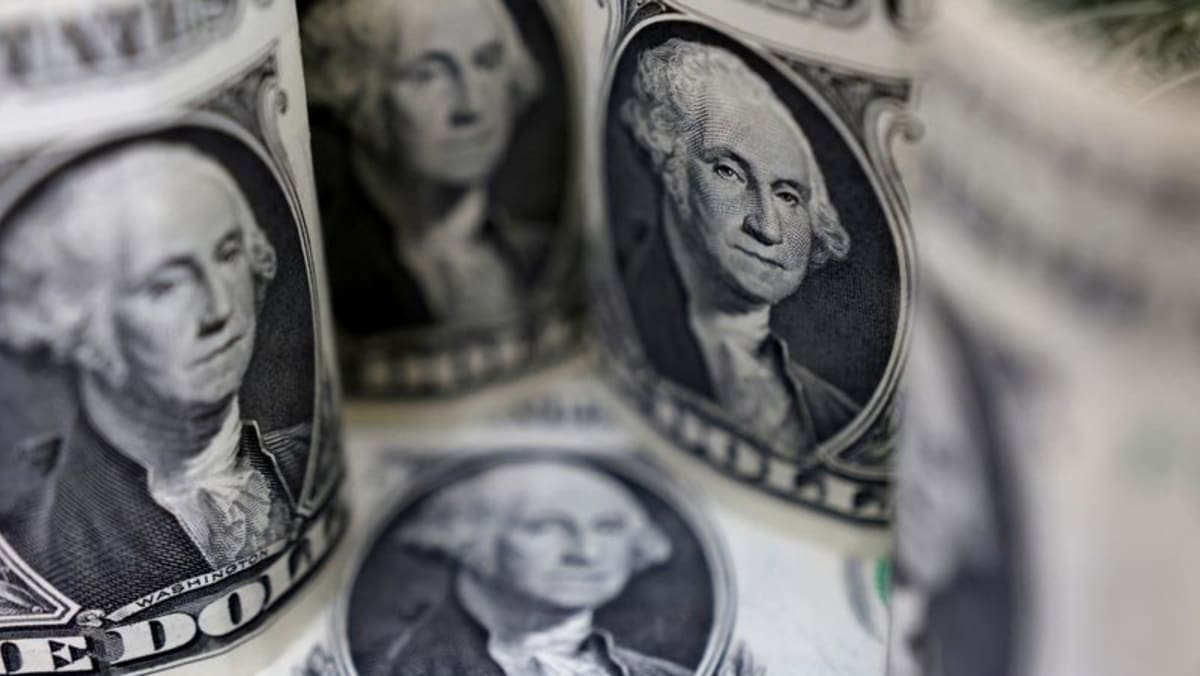TOKYO :Japan will consider trimming issuance of super-long bonds in the wake of recent sharp rises in yields for the notes, two sources told Reuters on Tuesday, as policymakers seek to soothe market concerns about worsening government finances.
Super-long bond yields slumped on the report, pushing down the Japanese yen and U.S. Treasury yields along the way, as markets cheered Tokyo’s readiness to arrest spikes in long-term interest rates.
The Ministry of Finance (MOF) will consider tweaking the composition of its bond programme for the current fiscal year, which could involve cuts to its super-long bond issuance, said the sources who had direct knowledge of the plan.
The MOF will make a decision after discussions with market participants around mid- to late-June, the sources said.
The plan comes amid a recent spike in super-long bond yields to record levels due to dwindling demand from traditional buyers such as life insurers and global market jitters over steadily rising debt levels.
The yield on the 30-year Japanese government bond (JGB) fell 12.5 basis points to 2.91 per cent after the report, its lowest since May 14. The benchmark 10-year yield dropped 5 points to 1.455 per cent.
The dollar rose 0.3 per cent against the yen to 143.275.
The slide in super-long JGB yields pushed down long-dated U.S. Treasury yields, which were set for their biggest one-day fall since mid-April. The yield on 30-year bonds was down 7 basis points at 4.963 per cent in early London trading on Tuesday.
“We’ve been arguing that something had to give to correct the supply-demand imbalance in long-end JGBs. The market is thinking it will be the MOF,” Societe Generale said in a note.
If the MOF were to reduce issuance of 20-, 30- or 40-year JGBs, it would likely increase issuance of shorter-dated debt instead, the sources said.
As such, the total planned size of JGB issuance for the current fiscal year that ends March 2026 will remain unchanged from 172.3 trillion yen ($1.21 trillion), they said.
TEMPORARY RELIEF
Global markets have been rattled by sharp bond sell-offs recently, including for U.S. Treasuries, as President Donald Trump’s sweeping tariffs and erratic policies heightened worries about the status of U.S. sovereign debt as the world’s safest haven.
In Japan, super-long bonds were also sold off as Prime Minister Shigeru Ishiba faced political pressure for tax cuts and big spending ahead of an upper house poll in July, policies that could add to the country’s already huge public debt.
Japan’s government is considering compiling another spending package, though ruling coalition executives agreed on Tuesday to avoid issuing fresh deficit-financing bonds.
The JGB market distortion has turned investors’ attention to whether the MOF, which oversees debt issuance, and BOJ could take measures to tame rises in super-long yields.
The BOJ, for its part, is unlikely to make any big tweaks to its current bond-taper programme, sources have told Reuters. But the recent market rout could affect its taper plans for fiscal 2026 onward, which will be decided at next month’s policy meeting, they said.
“Issuance of super-long JGBs could decline in July at the earliest,” which would ease concern over the outcome of Wednesday’s 40-year JGB auction, said Katsutoshi Inadome, senior strategist at Sumitomo Mitsui Trust Asset Management.
“But this offers only temporary relief and won’t lead to a decline in Japan’s debt balance,” he said. “With the MOF likely doing its part, politicians now need to make efforts to avoid increasing debt.”
($1 = 142.4000 yen)














